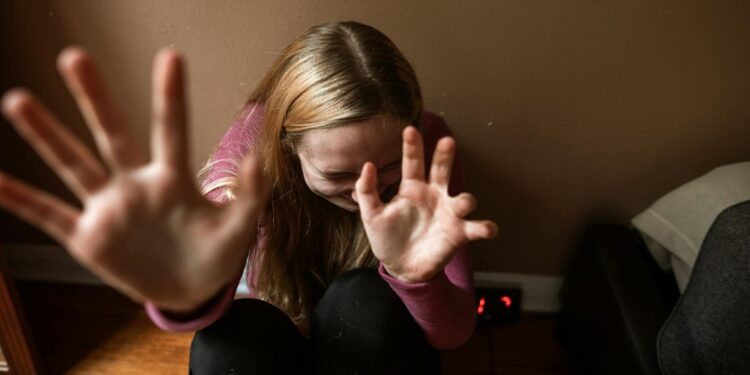
National Child Abuse Awareness Month
National Child Abuse Prevention Month is observed in April every year, and it’s an important time for everyone to recognize — regardless of whether they have children. It’s estimated that 1 out of 3 girls and 1 out of 5 boys will be sexually abused before they reach the age of 18, and this abuse occurs across all socioeconomic, cultural, ethnic, religious, and educational levels.
It’s also estimated that approximately 5 children die every single day of the year in the U.S. due to abuse. That’s why it’s crucial for all of us to come together, learn as much as we can about the issue, and then work towards solutions that will protect children.
The History of National Child Abuse Prevention Month
This observance was established in 1983 by a proclamation from then U.S. President Ronald Reagan. Since then, it has been recognized annually through a variety of activities. Events, seminars, and symposiums are held each year to raise public awareness about child abuse and to discuss ideas for addressing this issue.
Facts About Child Abuse
Before any problem can be addressed, it must first be understood. That’s why we went on a mission to find out all that we could about child abuse. To help inform our readers on this subject, we’ve listed the facts below. We hope that they will help to highlight the problem of child abuse and the importance of finding solutions that prevent children from suffering abuse and neglect.
- It’s estimated that over the course of a year, 1 in 7 children will be abused or suffer neglect.
- Neglect is the most common form of child abuse.
- Other forms of child abuse include physical abuse, sexual abuse, and psychological abuse.
- Children under the age of one year are the most vulnerable to abuse.
- In 2019, half of all child fatalities from abuse were among children 1 year old or younger.
- Approximately 76% of all child abuse victims are abused by their parents.
- Children who experience violence during childhood have a 13% or greater likelihood of not graduating from high school.
- Adult survivors of childhood abuse are more likely to have depression, PTSD, bipolar disorder, eating disorders, anxiety, and substance use disorders.
Observing National Child Abuse Prevention Month
Throughout this month and all year long, people should take the time to support child abuse prevention programs. They should also spend some time learning more about the issue and spreading the word about this month using the hashtag #ChildAbusePreventionMonth on social media. People should also visit childwelfare.gov to get a resource guide on the subject.








